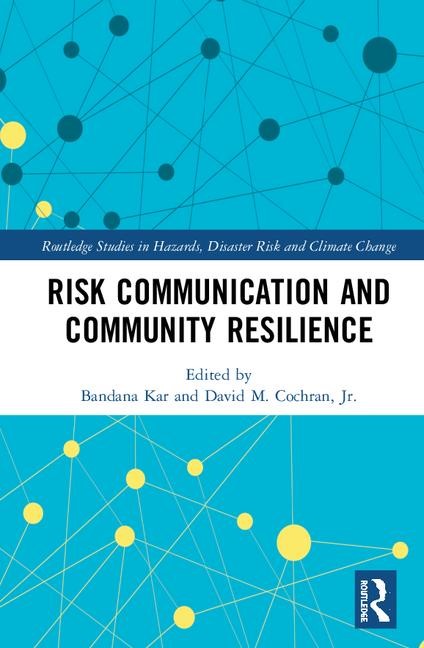- You are here:
- GT Home
- Wireless RERC
- Home
Submitted by Mz22 on August 6, 2019 - 9:34am
Publication Type:

Wireless RERC project director (PD), Salimah LaForce, and DeeDee Bennett, former Wireless RERC PD and currently, associate professor at the University at Albany, The State University of New York co-authored Text-to-Action: Understanding the Interaction Between Accessibility of Wireless Emergency Alerts and Behavioral Response. This book chapter was published in Risk Communication and Community Resilience and focuses on the accessibility of emergency alerts on mobile devices for vulnerable populations emphasizing concerns of people with disabilities. The chapter describes accessibility considerations across the warning process; receiving factors that impact understanding, and responding (i.e., the decision to take protective action) to alerts and warnings sent via mobile wireless devices. It provides background information on wireless alerting mechanisms and summarizes the results from several studies related to WEA. Studies summarized in this chapter were supported by the National Institute on Disability, Independent Living, and Rehabilitation Research (NIDLRR); the U.S. Department of Homeland Security (DHS), FEMA-Integrated Public Alert and Warning Project Management Office; and the DHS Science and Technology Directorate. It is available in both hard copy format and on Kindle.
Additional Information
Date of Publication:
Friday, June 28, 2019


